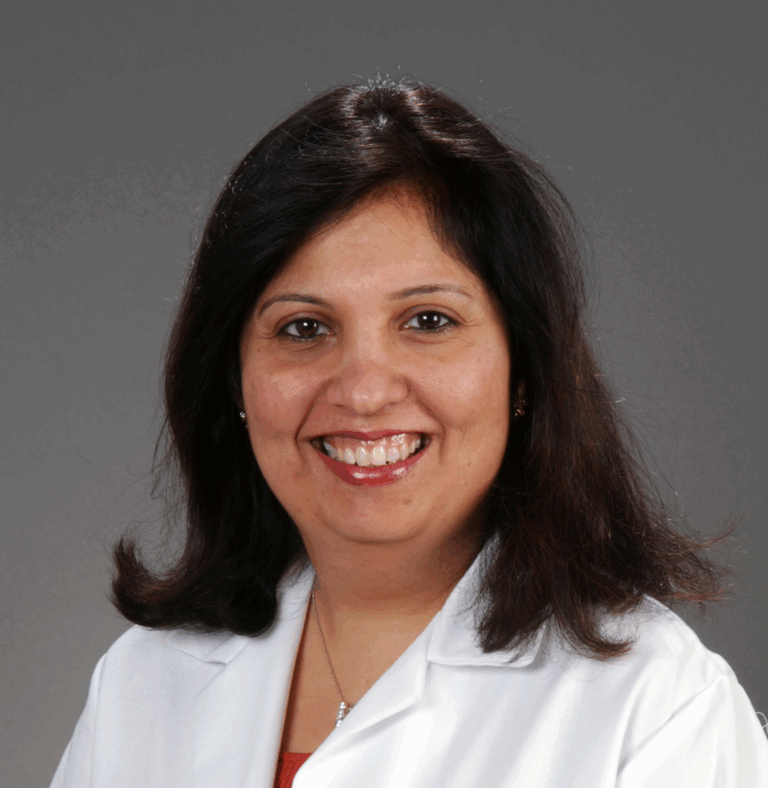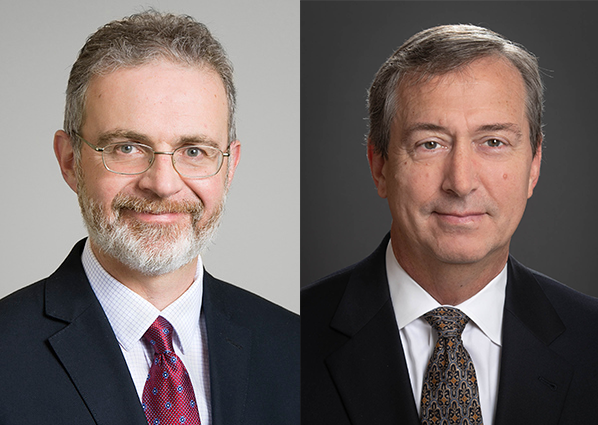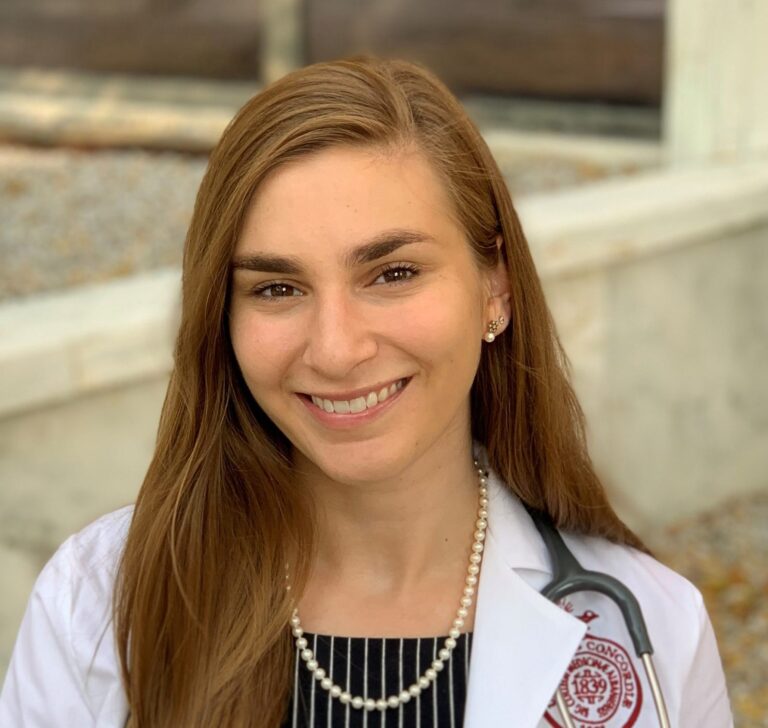Focus on DR: Advisory Committee Feedback Improves Communication Between ABR and Trainees
By Desiree E. Morgan, MD, ABR Governor, and David Laszakovits, ABR Communications Director
June 2024;17(3):5

The Diagnostic Radiology Initial Certification Advisory Committee was created more than 10 years ago to allow candidates and program directors to provide feedback to the ABR in efforts to:
- Improve the content and design of communications between the ABR and trainees.
- Identify, discuss, and work to resolve concerns regarding ABR actions or proposals, such as changes in initial certification exam content or operations.
- Investigate methods for improving communication between the ABR and trainees.
- Develop methods to assess the effectiveness of proposed modifications in communications.
- Use these metrics to modify our approaches to communication.
Members of the committee, who serve a two-year term, are nominated by the American College of Radiology (ACR), the Association of Academic Radiology (AAR), the Association of Program Directors in Radiology (APDR), the American Alliance of Academic Chief Residents in Radiology (A3CR2), the ACGME Diagnostic Radiology Review Committee, or the Radiological Society of North America (RSNA).
The committee generally meets several times a year either remotely or in person. Beginning in 2020, the committee began gathering at the ABR headquarters in Tucson, Arizona, every other year. This meeting allows committee members to receive a more thorough overview of the ABR’s work, including information about exam question development and delivery, exam scoring and results, communications, and board governance and finance.
Cameron Overfield, MD, a third-year resident from Mayo Clinic in Jacksonville, Florida, was part of the group that visited the ABR office in March 2024.
“The ABR takes into account feedback from trainees and faculty. They’re very open to what we have to say. There’s a lot of thought that goes into this process that I wasn’t aware of beforehand,” Dr. Overfield said. “I would like for our committee to dispel those rumors and myths that propagate throughout different institutions about what the ABR is doing.”
With the new DR Certifying Oral Exam on the horizon, residents are curious about how it might impact their training and board exam preparation. Alvaro Ordonez, MD, a first-year resident at the University of Pennsylvania, was another committee member who visited in March.
“The ABR has our best interests in mind and they’re working to help us succeed,” Dr. Ordonez said. “There are a lot of questions about the new DR Oral Exam. When there’s a lack of information, then there’s a lot of gossip about what it could be. Now, I can go back and tell (colleagues) what we know and don’t know yet.”
Committee member, Heba Albasha, MD, a breast imaging fellow at Massachusetts General Hospital, appreciated the chance to learn more about the ABR.
“It’s been nice learning the incredible efforts and processes that go into accomplishing the ABR’s mission. Knowing that helps me appreciate and understand why it takes time and effort to do what it does. I didn’t know how much time and cost went into developing exam questions,” she said. “The ABR is here to create a dependable and trustworthy board certification process.”
In addition to the diagnostic radiology committee, there are also initial certification advisory committees for interventional radiology, medical physics, and radiation oncology as well as Continuing Certification Advisory Committees for each discipline.





